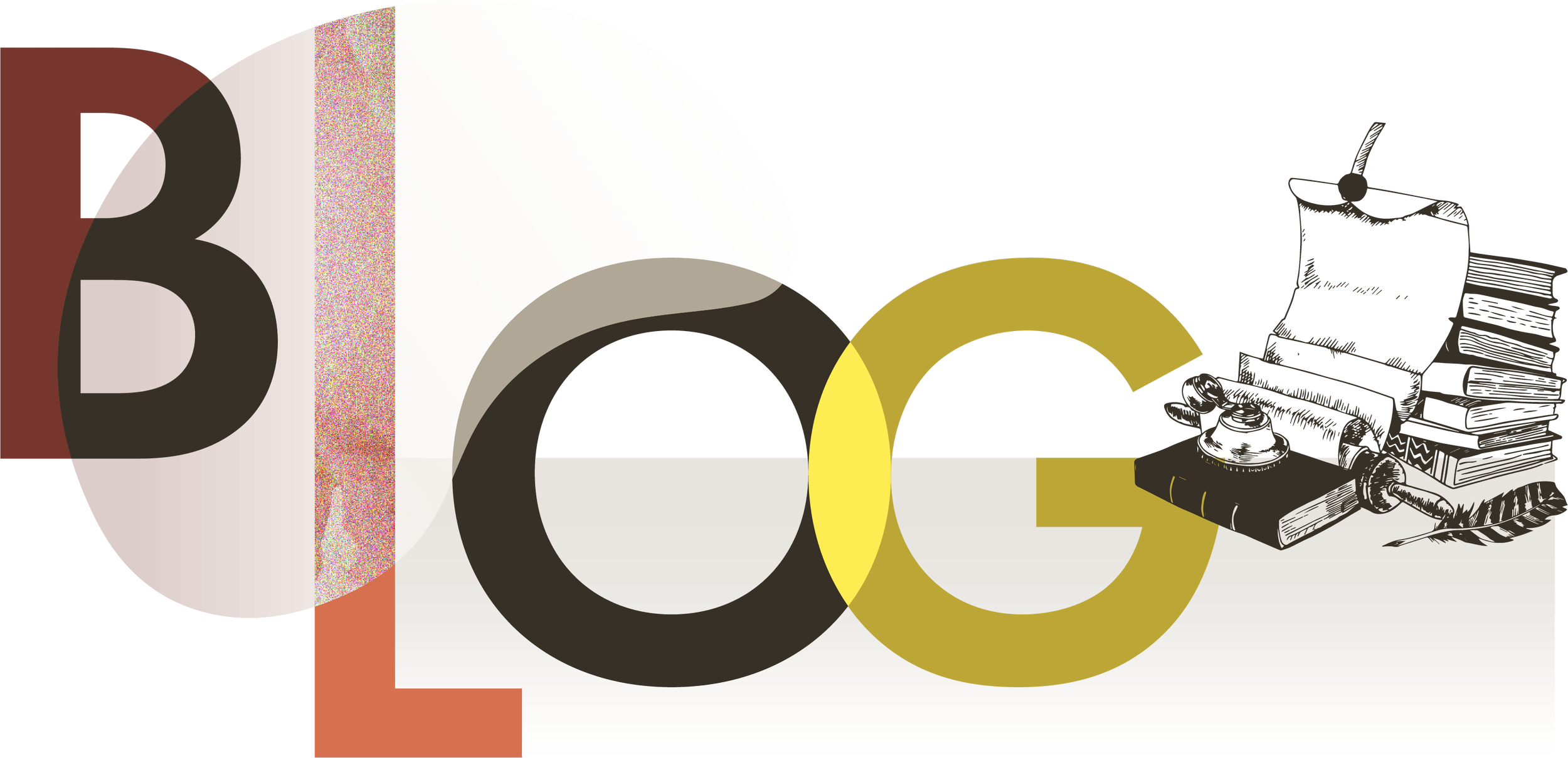BLOG | UNSER DENKECK
Artikel, Berichte und Studien

Emotional Intelligence: It May Not Be What You Think
Emotional intelligence isn't some fluffy concept invented to get us all holding hands and singing Kumbaya. It's not about being 'nice' or suppressing your feelings until you're a walking time bomb of pent-up frustration. And it's certainly not just for weak, indecisive leaders who can't make tough decisions. In this article we discuss myths and truths about EI.

Resilienz Serie: Wie gehen wir mit Stress um?
Studien zeigen, dass die Art und Weise wie wir mit Stressfaktoren umgehen, sich entscheidend darauf auswirkt, wie wir den Stress empfinden werden. Maßgeblich dafür ist, wie wir die Stressfaktoren für uns persönlich einordnen.
Search Inside Yourself, entwickelt bei Google, ist ein umfangreiches 2-Tages oder virtuell 4- oder 6-teiliges Online Seminar, dass wir neben Einstiegswebinaren regelmäßig anbieten.

